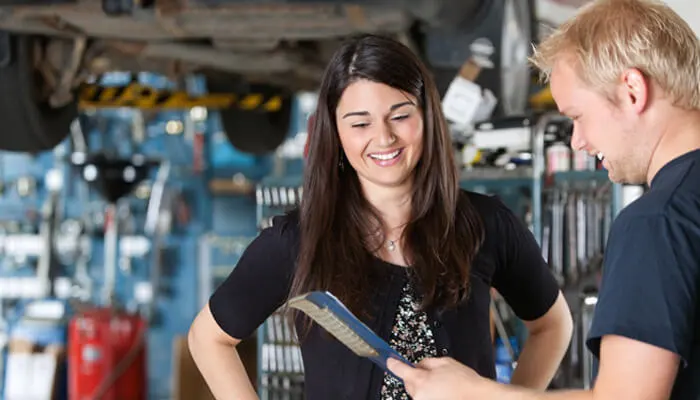Ignition Interlock Devices Proving to be More Effective Than Other Drunk Driving Intervention Options
October 24, 2016
DES MOINES, IA - In light of newly published study findings, ignition interlock devices still remain one of the few interventions today that are having a direct impact on the number of fatalities related to drinking and driving.
Despite being a viable alternative to driving drunk, data from the recent study published by the American Journal of Epidemiology shows Uber to have little to no impact on alcohol-related fatalities in cities where the ride-sharing app operates.
Researchers looked at drunk driving statistics in the 100 most populated metro areas in the U.S. from 2009 through 2014 and found the rise of Uber did not correspond to any decrease in drunk driving deaths, overall or during peak drinking times such as weekend nights.
On the flip side, state laws that require drivers who've been convicted of drunk driving to pass a breathalyzer-type test before starting their cars, saved an estimated 915 lives between 2004 and 2013, according to a study published in the American Journal of Public Health by researchers at the Perelman School of Medicine at the University of Pennsylvania. The findings represent a 15 percent reduction in drunk driving-related deaths compared to states without legislation requiring DUI offenders to use "mandatory ignition interlock."
According to executives at Intoxalock, a leading ignition interlock device provider, the underutilization of solutions like Uber comes down to consumer choice.
"It's not that there aren't laws to govern the safe consumption of alcohol or an array of transportation alternatives available to those who drink. The reality is, some choose not to take part in either," said Leslie Gibbs, Intoxalock Chief Marketing Officer. "They are choosing to drink and then get behind the wheel. That is unacceptable. Intoxalock is working to effectively stop those people who choose to drink and drive from harming themselves and others in the future.
"We know that consumers are using Uber as a means to avoiding a DUI when drunk. Unfortunately, from our perspective, those people are largely the same group that were already calling a friend, hiring a taxi or waiting until they were sober to drive," Gibbs said.
Intoxalock applauds everyone who has joined the fight against drinking and driving, but contends ignition interlock devices are the only solution that actually stops a person from driving after they've consumed alcohol.
States with mandatory interlock laws saw a 0.8 decrease in deaths for every 100,000 people each year – which is comparable to lives shown to have been saved from mandatory airbag laws and the 21-year minimum legal drinking age combined (0.9 and 0.2 lives saved per 100,000 people, respectively).1
Car crashes involving alcohol make up 30 percent of vehicular fatalities, resulting in 11,000 deaths each year. The National Highway Traffic and Safety Administration estimates that for each of the million drunk driving convictions each year, there are 88 previous instances of drunk driving.
Uber insists its service can help decrease drunk driving and researchers aren't ruling out the idea that ride-hailing companies could have an impact in the future. Gibbs adds she hopes that ends up being the case and says that Intoxalock welcomes the opportunity to partner with Uber to keep the roads safer. "We support Uber's efforts to grow drunk driving awareness and support anything that helps provide an alternative to drunk driving."
About Intoxalock: Headquartered in Des Moines, Iowa, Intoxalock (https://www.Intoxalock.com) developed its state-of-the-art ignition interlock device (IID) in conjunction with researchers from Iowa State University. Recently celebrating their 23rd anniversary in the alcohol monitoring business, Intoxalock currently services clients that are legally required to install an IID or home alcohol monitoring unit in 41 states across the nation, in addition to voluntary clients in all other states. In the last ten years, the ignition interlock industry has grown three-fold and is expected to continue as drunk driving legislation strengthens.
For More Information:
How Ignition Interlocks Save Lives



